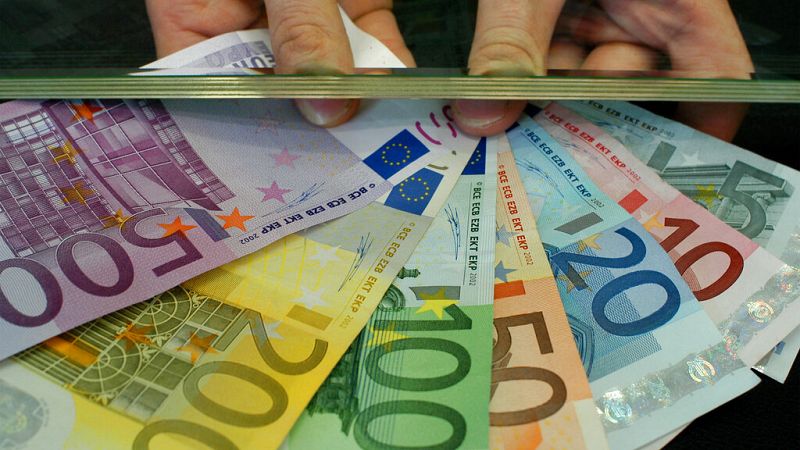
Consumer price indexes in Spain, France and Italy came in 0.1% below expectations in August, signalling price stability in the eurozone, according to the latest inflation figures.
In Germany, the bloc's biggest economy, inflation was only slightly higher than anticipated in July.
German prices increased by 2.2% in July from 2% in June year-on-year. Food prices were up, but energy costs drove the figure slightly down. Prices increased by 0.1%, compared to the previous month, according to the Federal Statistical Office.
In France, EU-harmonised inflation was modest, 0.8% year-on-year in August. This was driven down by a slow service inflation. Food prices remained stable, while the downturn in energy costs moderated. Month-on-month, prices increased by 0.5%, according to INSEE.
In Spain, the EU-harmonised consumer price index increased by 2.7% on an annual basis, and the monthly data was unchanged, according to the flash estimates of the country's statistics office INE.

In Italy, prices were up 1.7% year-on-year, slightly slower than in July, as inflation eased on energy products but accelerated on food. Compared to the previous month, prices inched higher by 0.1%.
In a separate dataset, the country's statistics office, ISTAT, confirmed its previous estimation that the Italian economy contracted by 0.1% quarter on quarter in the three months to June. GDP expanded by 0.4% compared to the second quarter of 2024.
What the European Central Bank expects
The latest inflation figures are aligned with expectations that the ECB is currently satisfied with the price stability in the Eurozone, its most important mandate. The ECB's inflation target is 2%.
Released on Friday, the minutes of the central bank's July meeting confirm that the ECB feels very comfortable with the current monetary policy, stating that "most (Governing Council) members viewed the risks surrounding the inflation outlook as broadly balanced."
The bank lowered the key interest rates eight times and the key deposit facility has been 2% since June.

However, the minutes include warnings too, that the bloc is facing risks to its economic growth should global trade tension further escalate and bring about more uncertainties, "which could dampen exports and drag down investment and consumption," says the report.
Based on this, another ECB rate cut appears to be unlikely in September. However, ING's Chief Economist, Carsten Brzeski, notes that it is still too early to rule out a September cut, pointing out risk factors to the bloc's economy, including uncertainties of the trade framework agreement between the US and the EU, the renewed worries about the French public finances and the strengthening euro.
"Even if it might be counterintuitive given the resilience of the eurozone economy, we still wouldn’t rule out another insurance rate cut, following the principle that it wouldn’t do any harm but could eventually do good," says Brzeski.







